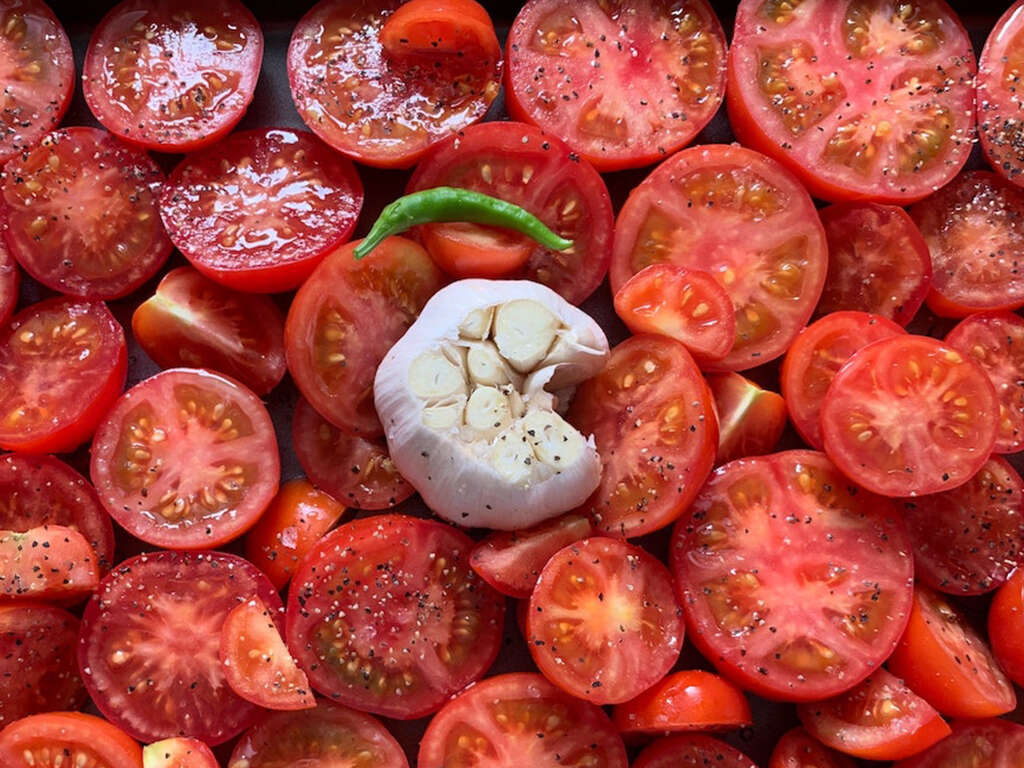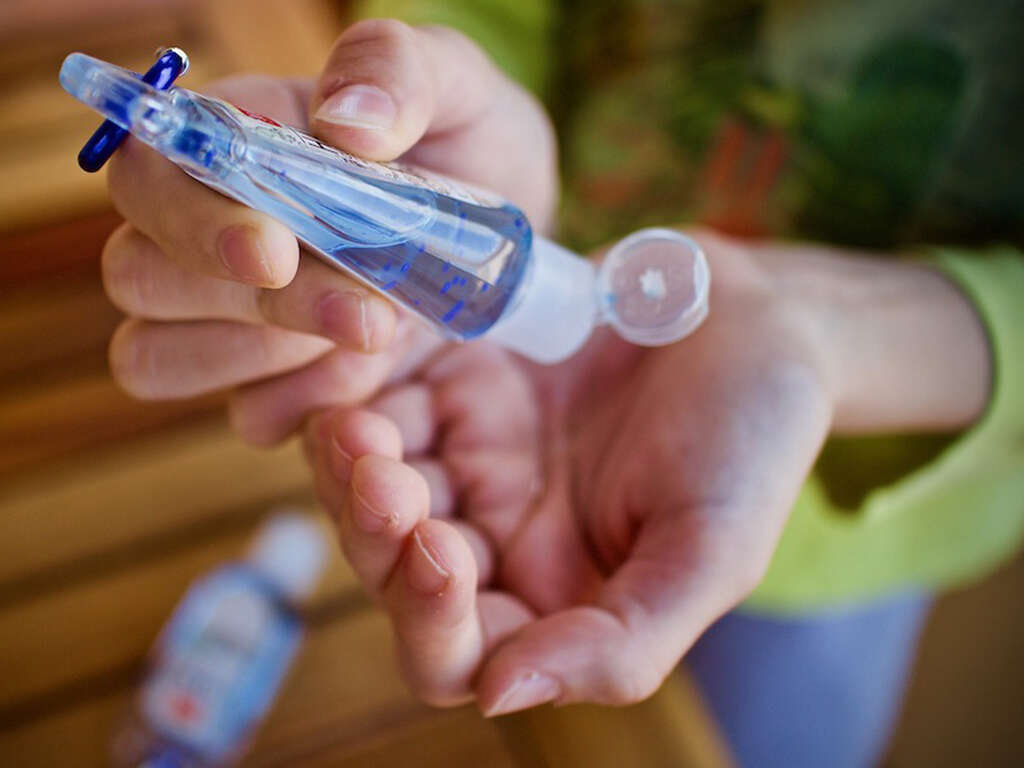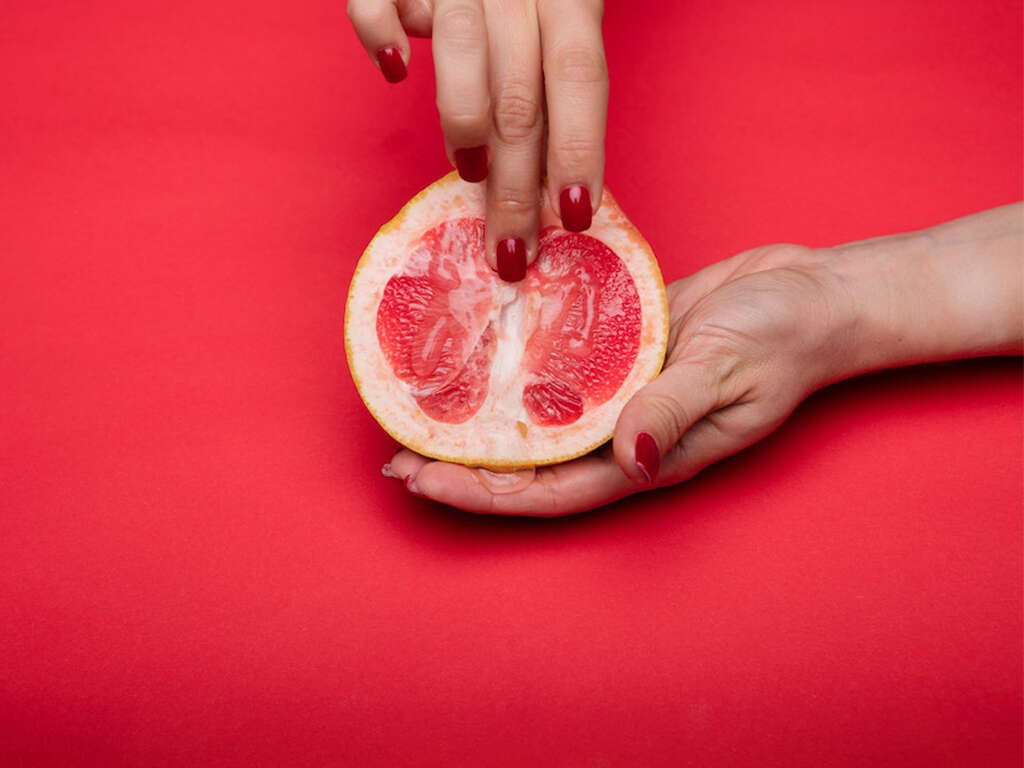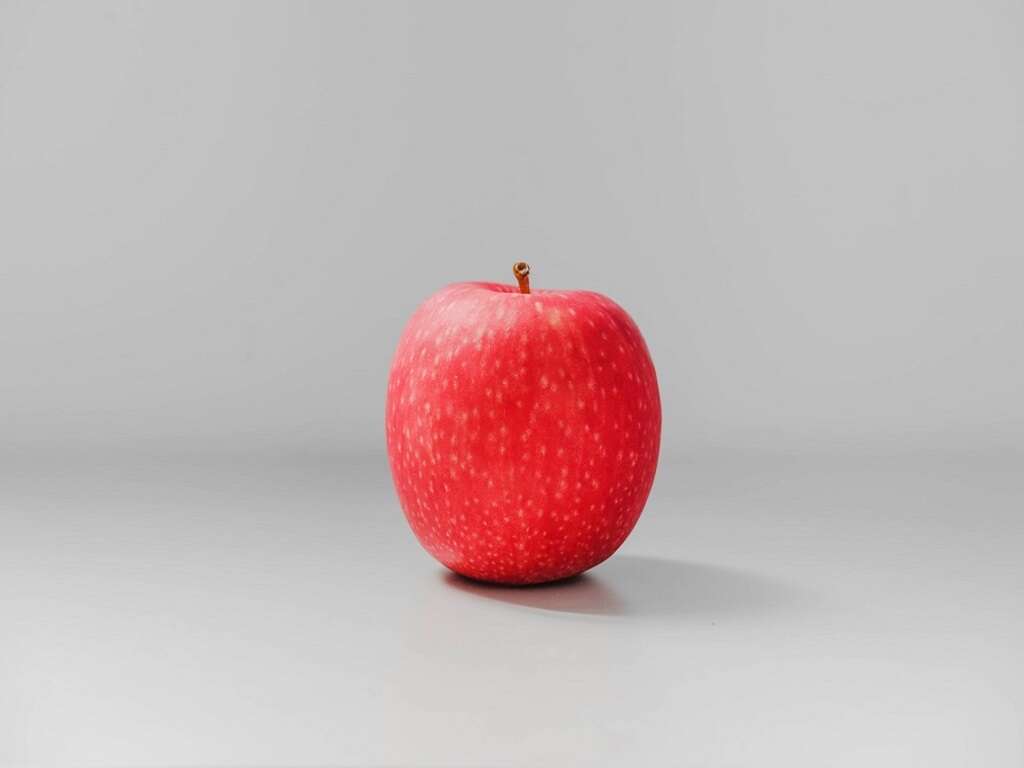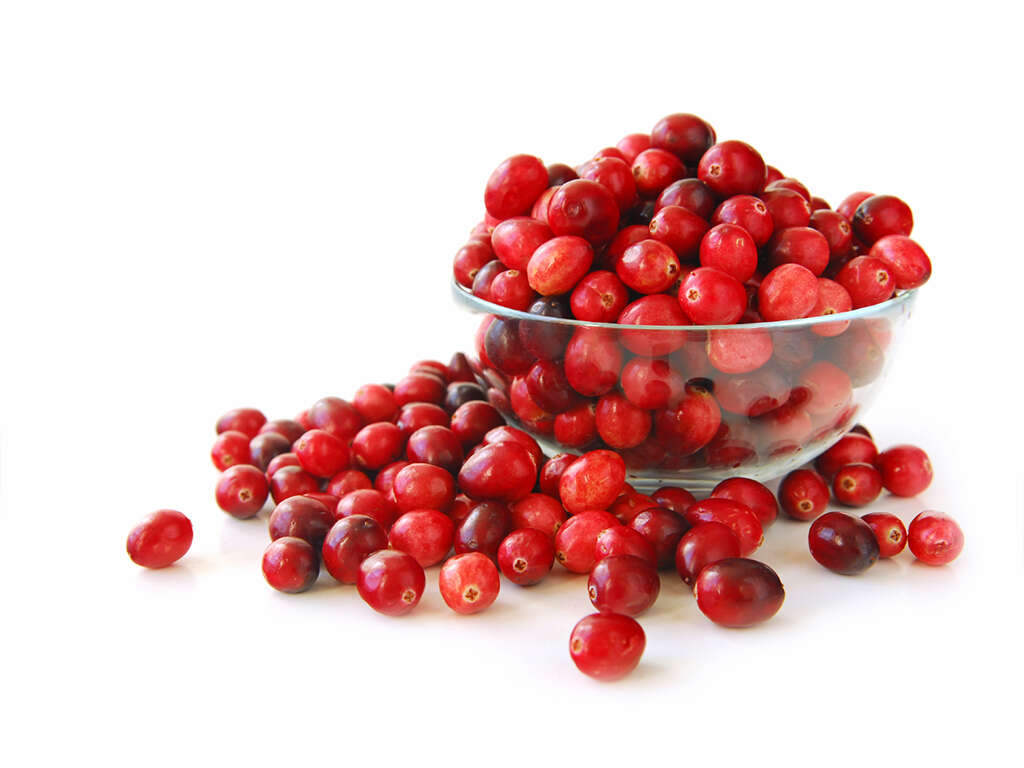10 Benefits of Cranberry Juice
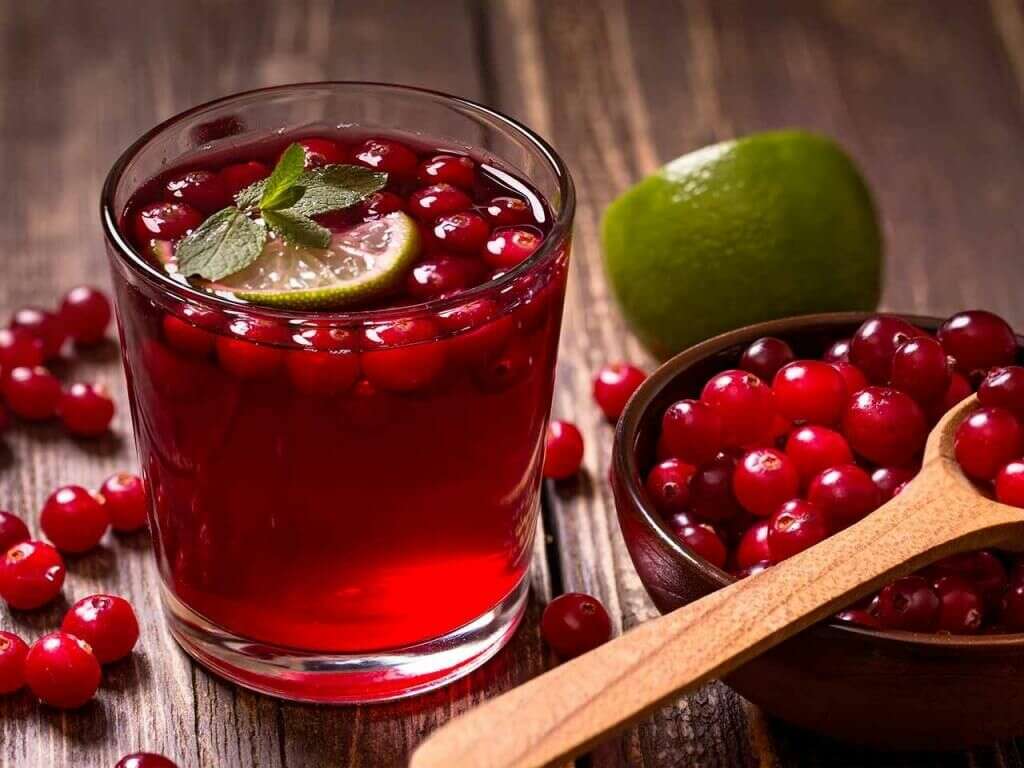
Cranberry Juice Benefit #1: Prevent Urinary Tract Infections
Urinary tract infections (UTIs) occur when bacteria, most commonly E. coli, infect the bladder. Common symptoms are pain/burning sensation when urinating, cloudy urine, and strong frequent urges to urinate. While women are at greater risk for UTI, men can get them too.
Although cranberries and cranberry juice are not a cure, they can be very effective as preventative measures. Cranberries contain a tannin that prevents E. coli bacteria from sticking to the bladder, thus preventing an infection. Drinking cranberry juice for UTI prevention is recommended to person’s who have had a UTI in the past to avoid reoccurrence.

Cranberry Juice Benefit #2: Prevent Kidney Stones
Kidney stones form when there is too much calcium, uric acid, and oxalic acid in your urine. The most common stone is a calcium oxalate stone and high levels of urinary calcium is the number one cause of kidney stones. It is estimated that about 1 in every 10 people will develop a kidney stone during their lifetime.
However, cranberry juice contains high amounts of natural acid that can prevent the formation of these stones in a healthy kidney. According to the British Journal of Urology, drinking cranberry juice is an effective method of dissolving existing kidney stones and preventing new stones from forming.
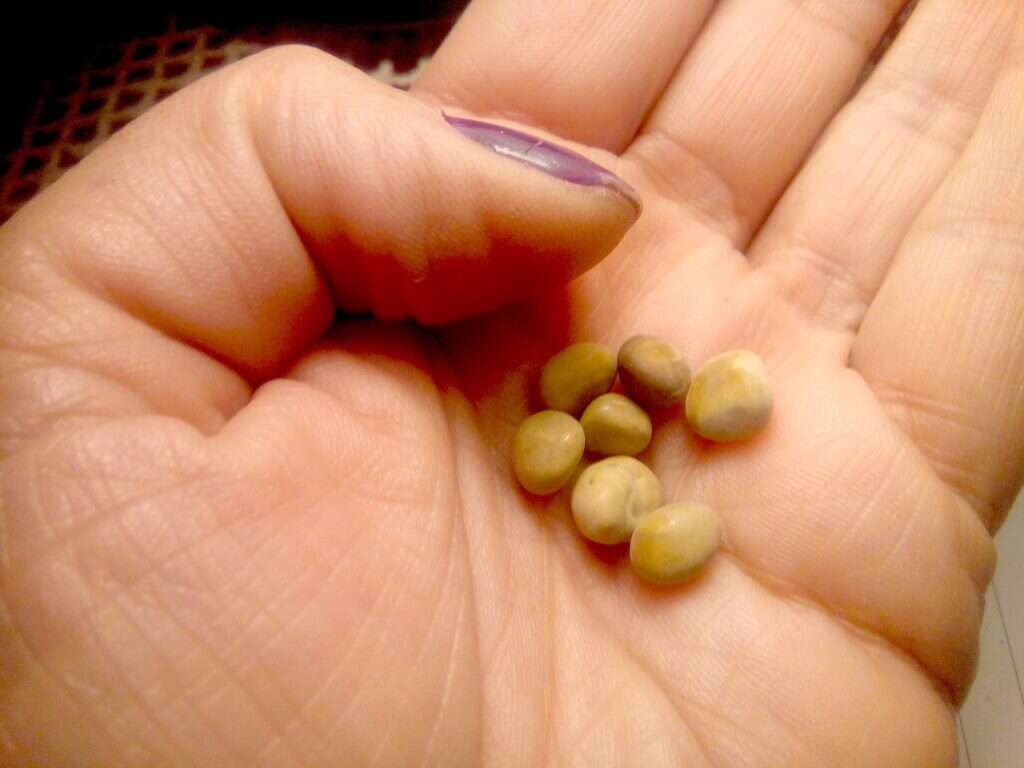
Cranberry Juice Benefit #3: Gut Health
Drinking cranberry juice can help maintain balance in the gut. Having a diversity of gut microbes helps digest the food we eat. Studies have shown that our microbes are responsible for releasing the vitamins and nutrients from food during digestion. Person’s with a thriving gut flora often experience lower incidents of obesity, autoimmune disorders, and digestion problems. Additionally, healthy gut microbiomes have been linked to longer lifespans, good brain function, and happiness.
While gut bacteria are important to our health, overpopulation of bacteria can cause infections. This is where cranberry juice comes in. The antioxidants in cranberries ensure that the bacteria stay at a healthy level within the gut and do not travel to other locations.

Cranberry Juice Benefit #4: Prevent Tooth Decay
Tooth decay, also known as a cavity, occurs when bacteria living in your mouth produce acid that begins to eat away at the teeth. Leaving tooth decay untreated may cause infection, extreme pain, and eventually tooth loss.
Moderate consumption of unsweetened cranberry juice is proven to help combat permanent damage due to plaque and decay. Proanthocyanidin, found in cranberries, inhibit the growth of tooth-damaging bacteria found in the mouth. As a result, bad breath is reduced while promoting dental health.
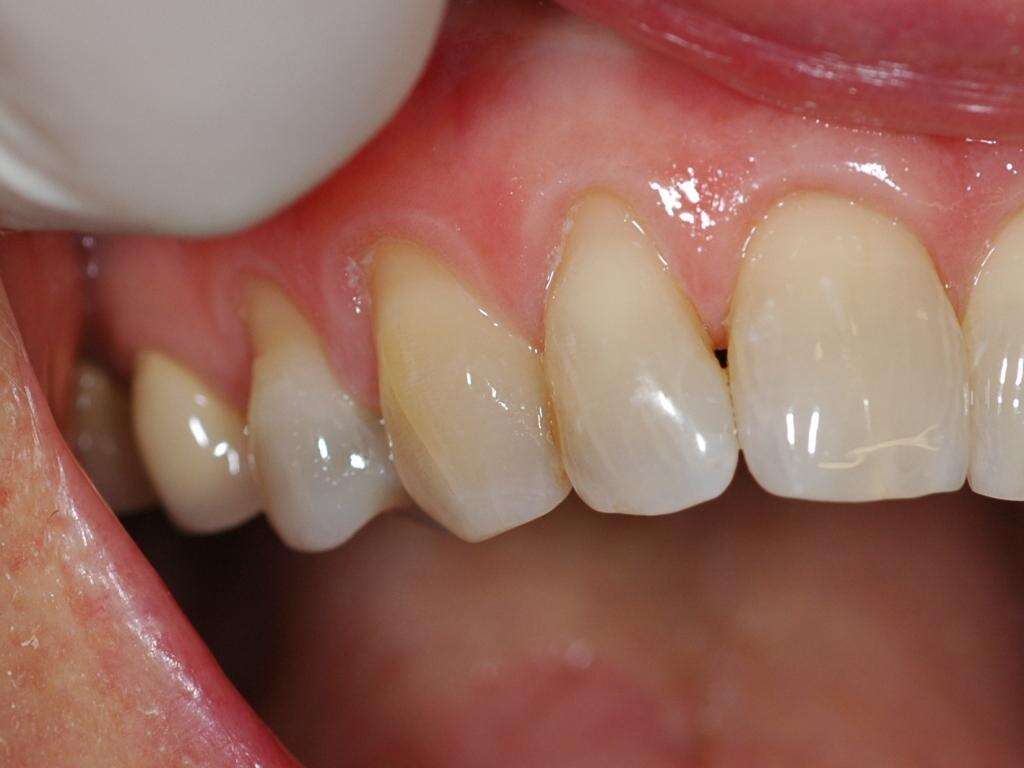
Cranberry Juice Benefit #5: Eliminate Peptic Ulcers
Many people do not realize that peptic ulcers are caused by H. pylori bacteria. H. pylori attacks the lining in your stomach and duodenum. This results in the development of a sore called an ulcer.
Inflammatory foods can cause pain and further damage. Fortunately, cranberry juice has natural antibacterial and anti-inflammatory properties that can get rid of H. plyori bacteria and reduce the risk of developing another ulcer in the future.

Cranberry Juice Benefit #6: Improve Skin Health
Cranberries are rich in vitamin C, which significantly helps produce collagen, thereby rejuvenating the health and appearance of the skin. Collagen is required by every skin cell to form and function properly.
Low intake of vitamin C can lead to wrinkles, aging skin, blemishes, and other adverse health effects of the skin. Some studies have even shown that vitamin C may help prevent and treat ultraviolet (UV)-induced photodamage to skin cells.

Cranberry Juice Benefit #7: Antioxidants
Polyphenols are the main antioxidants in cranberry juice. There is evidence supporting the role of polyphenols in disease prevention through fighting free radicals and oxidative damage. Antioxidants are essential to fighting against cancer causing agents called free radicals.
Cranberry juice also contains anthocyanidins, which are antioxidants that can help to reduce oxidative cell damage. Anthocyanidins work by inhibiting the production of inflammatory signaling molecules, providing impressive antioxidant and anti-inflammatory effects.

Cranberry Juice Benefit #8: Bone Health
Cranberry juice is often fortified with calcium to increase calcium consumption in the US. Calcium aids in osteoporosis prevention by improving the bone structure and mineral density.
The calcium in fortified cranberry juice is highly bioavailable, meaning the body can easily obtain and use the calcium present. Calcium, potassium, and magnesium are an integral part of bone health. These minerals protect bones from degradation and osteoporosis.
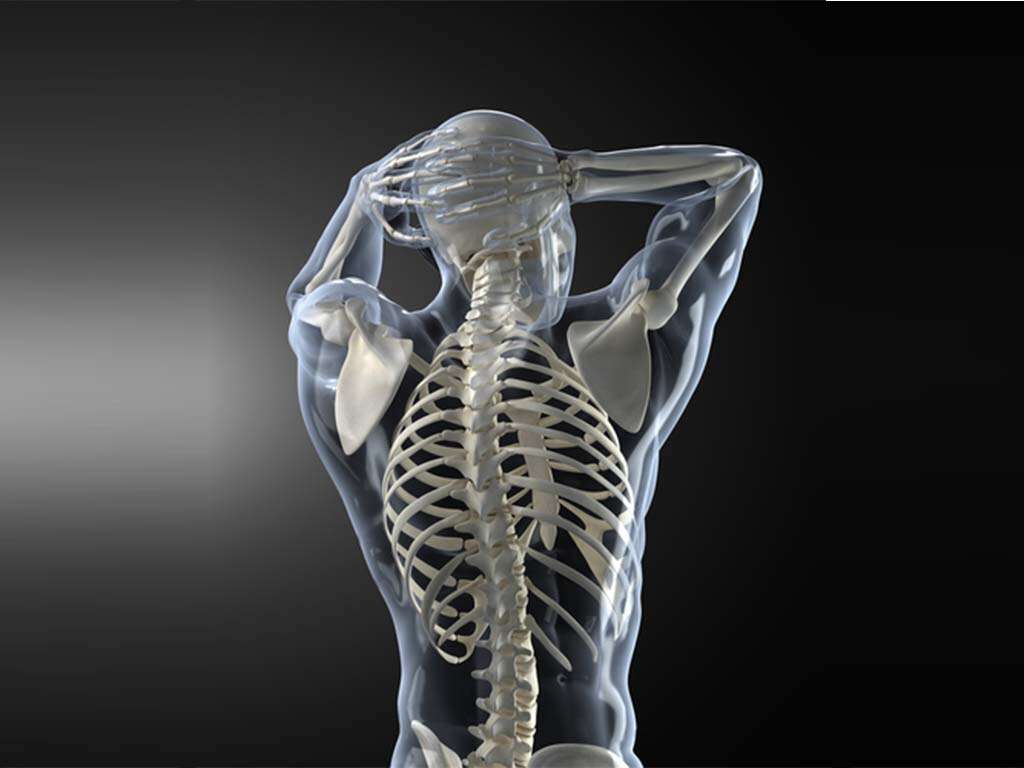
Cranberry Juice Benefit #9: Heart Health
One great benefit associated with cranberry juice is heart health. When measuring the risk for heart disease, medical professionals look at cholesterol and triglyceride levels. Having high HDL cholesterol and low triglycerides results in a lower risk for heart disease.
Although cholesterol and triglyceride levels are influenced by lifestyle habits, diet, exercise, weight, and inflammation, drinking unsweetened cranberry juice regularly has been shown to protect the heart and regulate these disease markers. Studies have found that the flavonoids in cranberry juice help regulate cholesterol levels by increasing HDL and decreasing LDL, the cholesterol linked with heart diseases. Additionally, cranberry juice prevents plaque buildup in the arteries.

Cranberry Juice Benefit #10: Vitamin K
An 8-ounce glass of unsweetened cranberry juice has about 12.8 mcg of vitamin K. The primary function of vitamin K is to act as a coenzyme for proteins that regulate blood clotting. Vitamin K has an adequate intake (AI) of 120 mcg for adult males and 90 mcg for adult females. Fortunately, most Americans consume an adequate amount of vitamin K from food.
Malabsorption conditions leading to low vitamin K status are cystic fibrosis, celiac disease, short bowel syndrome, other gastrointestinal disorders. Studies have shown a link between high vitamin K intake and lower risk of hip fractures, higher bone mineral density, and possibly a lower risk of coronary heart disease mortality.





